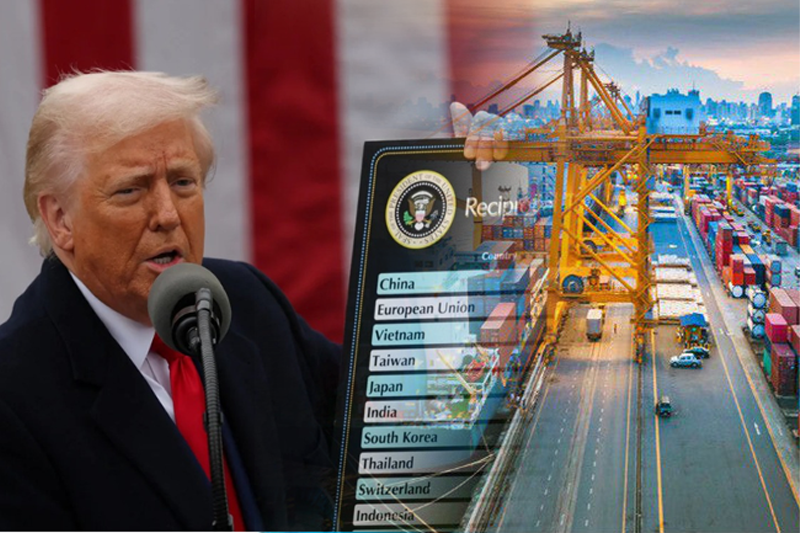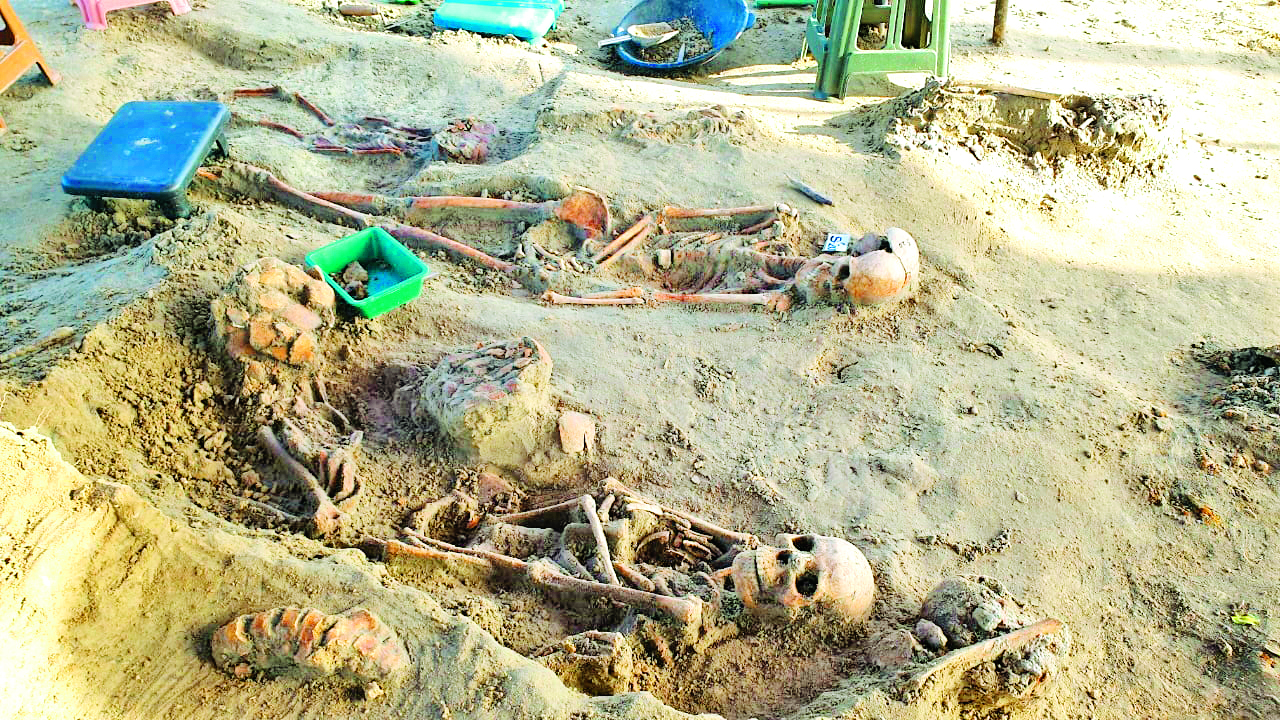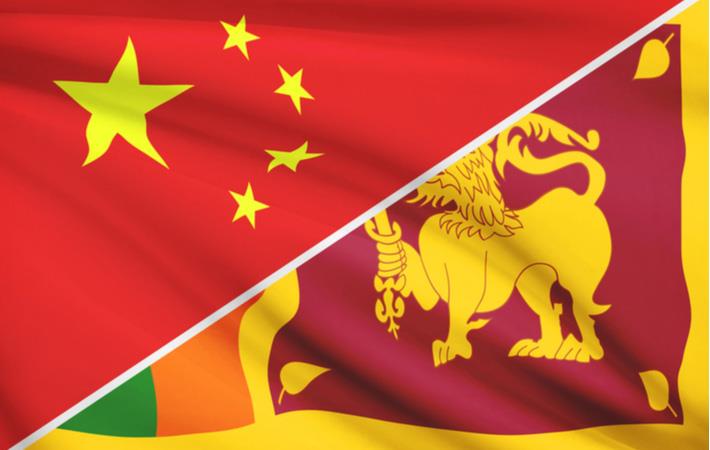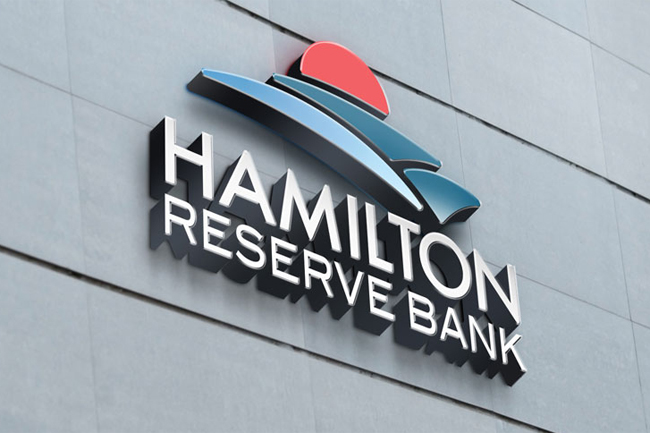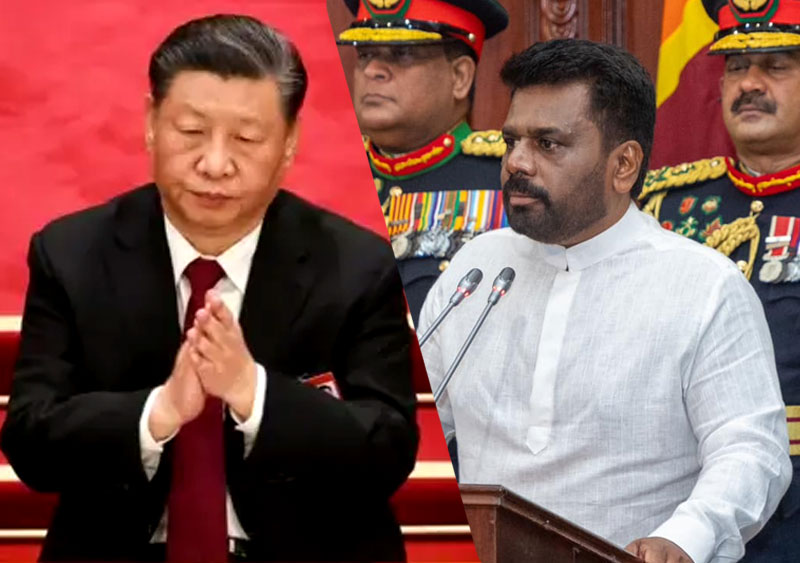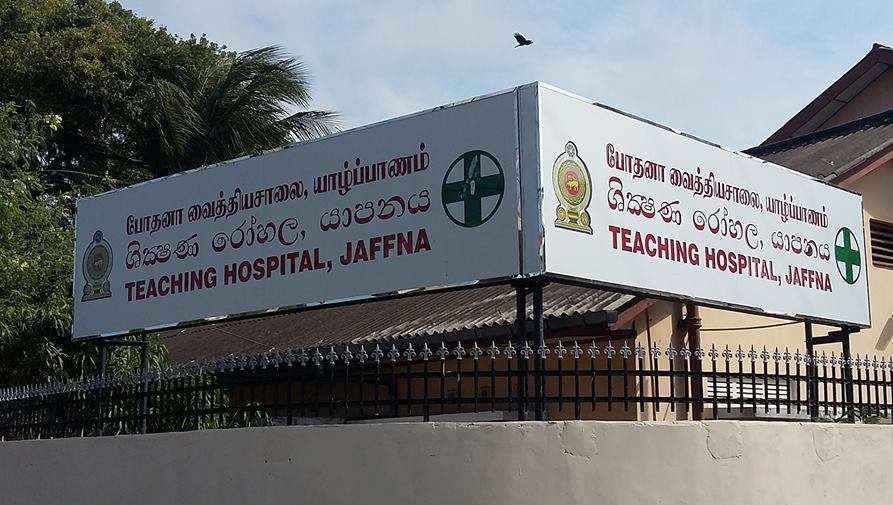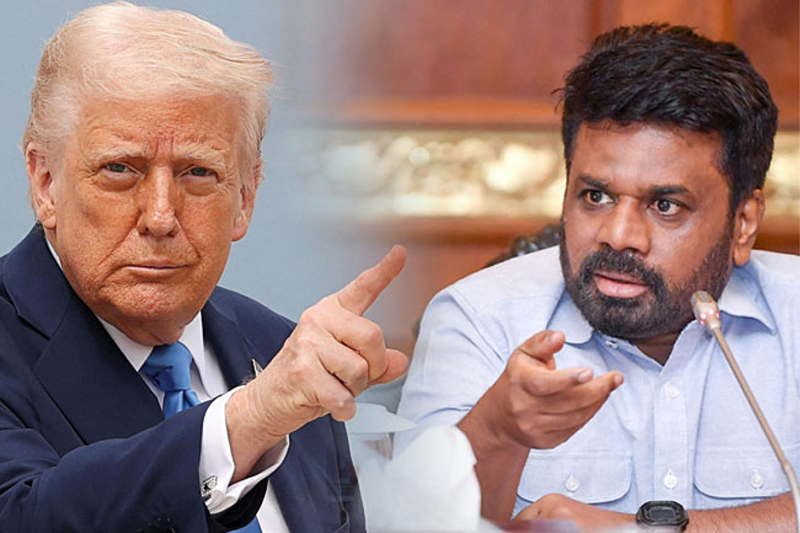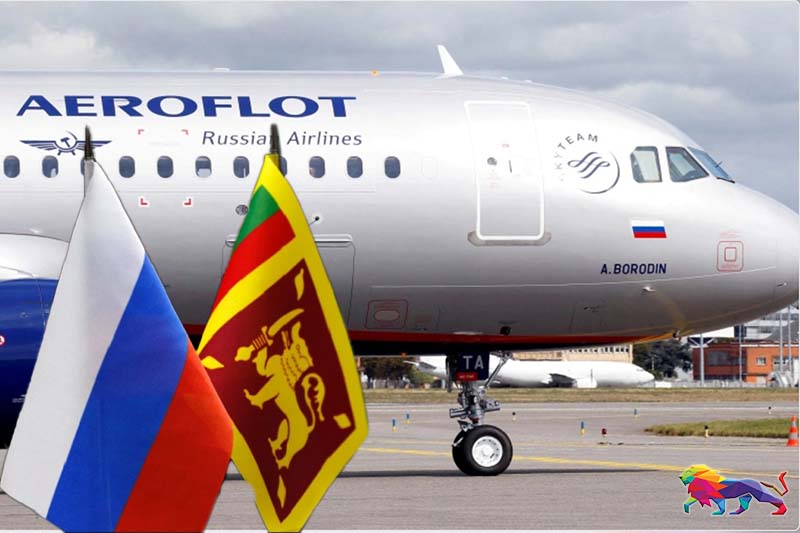The United States has offered to accept 70 to 80% of products exported from Sri Lanka without imposing any tariffs, Deputy Minister of Economic Development (Prof.) Anil Jayantha Fernando stated.
The offer has been made during on-going discussions between Sri Lanka and the US following the decision by US President Donald Trump earlier this year to impose reciprocal tariffs on countries based on existing trade deficits.
Speaking during the “Ada Derana Big Focus” program held today (17), Deputy Minister Anil Jayantha Fernando confirmed that the US has offered Sri Lanka a list of 1,161 products for exports including apparel and 42 products related to the Agricultural industry.
The Deputy Minister of Economic Development stated that the details of the agreement with the United States cannot be disclosed yet, as discussions related to tariff concessions have not been finalized.
He added due to the technical nature and diplomatic protocol, matters under discussion will not be made public at this juncture.
Deputy Minister of Economic Development Anil Jayantha Fernando said Sri Lanka is also in discussions on the possibility of securing 0% tariffs on imports from the US.
He said, “When it comes to imports, currently goods imported from the U.S. fall within a 0% to 20% tariff range. So even if we slightly reduce the rates on some of those items, it will not result in a significant loss of revenue for the government, as we import only around USD 300 million worth from the U.S.”
Meanwhile, a delegation from Sri Lanka is scheduled to leave for the United States tomorrow (18) to continue discussions on further reducing U.S. tariff rates.
According to the recent announcement by the White House, goods exported to the United States from Sri Lanka will be subject to a 30% tariff from August 1.


